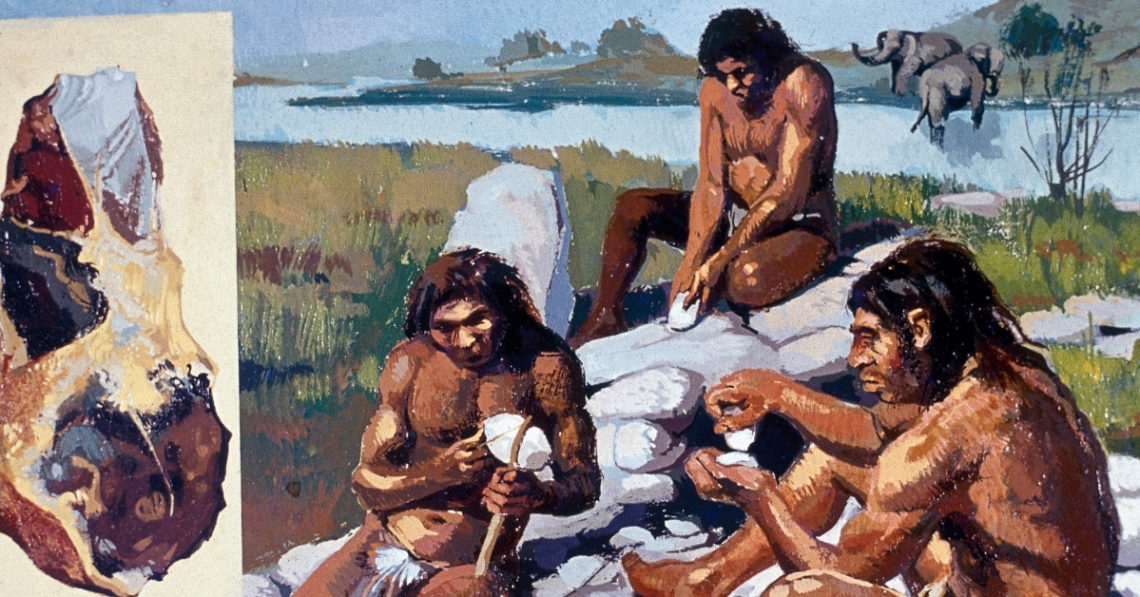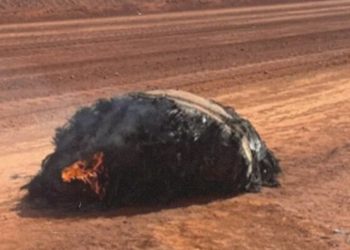Long before crock pots and keto hacks, Neanderthals in what’s now Germany were running what scientists call a “fat factory.” And it may have kept them alive.
Researchers have uncovered evidence that Neanderthals were boiling animal bones for grease as far back as 125,000 years ago. Published in Science Advances, the study highlights one of the earliest known examples of resource intensification in human history. “It’s surprisingly creative and innovative behavior from Neanderthals,” archaeologist Osbjorn Pearson told Live Science.
The discovery came from the Neumark-Nord site in central Germany, where researchers unearthed about 2,000 smashed bone fragments from horses, deer, and cattle. Most were broken at high-fat points, suggesting Neanderthals crushed and boiled them specifically to extract fat. These remnants were found alongside Neanderthal-made anvils and hammerstones.
Did Neanderthals Run a ‘Fat Factory’ 125,000 Years Ago?
That fat wasn’t just tasty, it was essential. Neanderthals mostly ate meat, putting them at risk for a condition called protein poisoning (a.k.a. rabbit starvation), which happens when humans consume too much protein without enough fat or carbs. According to Pearson, fat contains over twice the calories of protein or carbs, which would have helped Neanderthals survive periods of extreme hunger.
“This was labor-intensive and time-consuming,” said study co-author Wil Roebroeks. The fact that Neanderthals committed to such a tedious process indicates how important the rendered grease was to their survival and possibly to long-term food storage.
Lead author Lutz Kindler says this kind of post-hunting food processing fills a gap in what we know about Neanderthal behavior. “We know a lot about hunting tactics…but to a much lesser degree about all the processes after hunting and butchering,” he explained.
This kind of innovation pushes back on outdated ideas of Neanderthals as primitive hunters. Instead, it paints them as methodical and adaptable, capable of planning for more than the next meal. The ability to extract and store fat could have made a real difference in how long they lived and how well they thrived.
Kindler put it simply: “The archaeological science of studying hominids is about finding the similarities between us today and them in the past.” And when it comes to making the most of what you’ve got, we may not be so different after all.
The post Neanderthals Ran a ‘Fat Factory’ 125,000 Years Ago—and It May Have Saved Lives appeared first on VICE.




